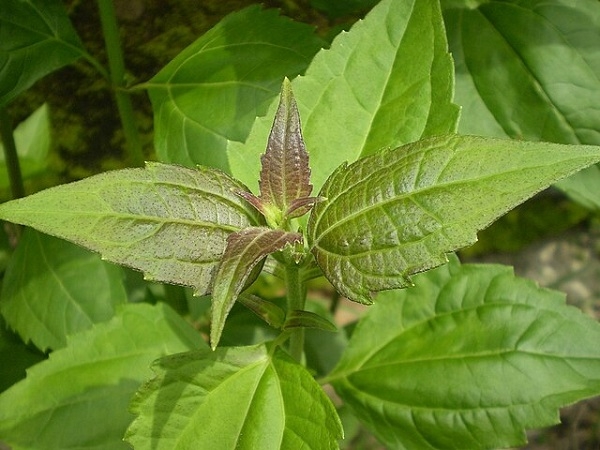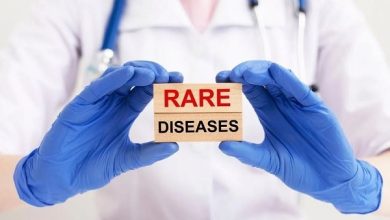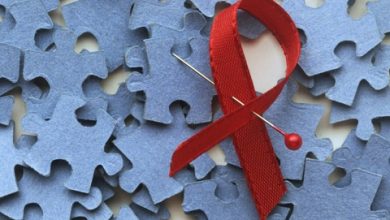
10 indigenous plants that have saved Ghanaian lives for centuries
Source: www.ghanaweb.com
The importance and usefulness of herbal medicines have become more profound following the COVID-19 pandemic that rocked the globe and threatened the existence of mankind.
If there is one thing that COVID left the world, it is the fact that the strength of one’s immune system holds the key to the person’s survival. This recognition has led to an upsurge in patronage of herbal medicine.
In Ghana, health experts have advised that people rely on indigenous foods to boost their immune systems.
But before COVID-19 and other chronic diseases, there existed these trees or herbs which have since time immemorial been loyal servants to Ghanaians and for that matter Africa.
There’s that herb that with a little squeeze and a drop of liquid substance on your wound, gets it healed quickly. There is also the bark of that tree that when drunk after boiling, chases that stubborn malaria out of your body.
GhanaWeb brings you a list of some indigenous trees or medicines you might have forgotten:
Acheampong (Siam weed)
Do you have a fresh cut with blood oozing non-stop? Just get a leaf or more of ‘acheampong’, rub it in your palms, and squeeze and drop the liquid on the cut. Bingo, the bleeding will stop. The leaves can also be used to heal the wound.
It also helps in the treatment of snake poison when applied immediately after a bite.
Acheampong is also used to cure stomach aches and preserve dead bodies. It is also used in the treatment of Bilharzia.
Different societies have different names for it but the purpose and efficacy remain the same.
Some historians say it was introduced into the country in the 1970s.
Neem tree
The efficacy of the neem tree can be attested to by almost every Ghanaian.
The bark and leaves of the neem tree are goldmines for healing nearly every type of ailment.
If you grew up in a village or conservative home, you might have been a beneficiary of the efficacy of the neem tree.
Neem leaves are good for killing bacteria as well as cure leprosy, eye disorders, stomach upset, loss of appetite, skin ulcers, and diseases of the heart alongside liver problems.
When sick, particularly with malaria, just boil some neem leaves, cover yourself with some heavy cloth or blanket and treat yourself with the heat from it.
It is important to seek the advice of a certified herbal doctor before doing this.
Bitter leaves
As the name suggests, it’s bitter but a potent source of cure for a lot of sicknesses.
It cures stomach aches, and fights prostate cancer, pneumonia, and infertility among others.
Bitter leaf is boiled and drank while hot for absolute benefit.
Pawpaw leaves
Pawpaw leaves have also been found to be useful in curing certain sicknesses or diseases.
Its nutritive value is enormous. The enzymes papain and chymopapain are the two biologically active components of pawpaw leaves and it has been established that they aid in digestion, hence preventing bloating.
Pawpaw leaves are also high in minerals like calcium, potassium, sodium, magnesium, iron and manganese.
With the advice of a certified medical doctor, pawpaw leaves can be used in the treatment of diabetes, dengue fever, liver-related diseases, and menstrual pain among others.
Dandelion (Taraxacum)
Dandelion is heavily patronized for being nutritious as well as helping in the cure of some ailments. In most home gardens, dandelions are grown and they can be eaten cooked or raw.
Dandelions contain Vitamins A, C K and E.
The root of the dandelion is rich in the carbohydrate inulin which supports the growth and maintenance of a healthy bacterial flora in your intestinal tract.
They help with cholesterol and sugar and thus are good for diabetes. They aid in weight loss and low blood pressure.
Mango tree
The bark of a mango tree has been found to be a good cure for malaria. When taken after boiling, the nutrients derived are able to fight malaria.
The leaves of the mango tree also treat kidney stones, dysentery, respiratory problems, hiccups and others.
Nunum (scent leaf)
Nunum as it is known in Ghana has a myriad of benefits that it offers the body when used.
Weight management, and treatment of fungal infections, malaria, catarrh and fever are just a few of the many miracles Nunum performs on the body.
Akoko mesa (Basil leaves)
Basil leaves are revered for their strong medicinal and healing properties.
Basil leaves are known to be good for digestion and also fight diabetes. One of its hidden benefits, according to experts, is its ability to fight depression.
Basil leaves also heal stomach upsets and help in detoxification.
Prekese (Aidan fruit)
Prekese is one of those plants that can be found in every part of Ghana and it’s not difficult to understand why.
The relevance and importance of Prekese is widespread and Ghanaians across the board hold it in high esteem.
Prekese is known to be a good healer of wounds. It is said that the grain in it, when ground and applied to a wound, it heals quickly.
Diabetes and weight loss can also be cured by prekese.
Abedru (Turkey berry)
The last but certainly not the least on our list is the Turkey Berry.
At the peak of Ghana’s coronavirus fight, it was mentioned as one plant that could help Ghanaians build their immune systems.
Turkey berries are high in iron and help in the production of red blood cells.
Cancer, diarrhoea, and diabetes can be cured by Abedru.
Please do well to consult a nutritionist or dietician before using any of these herbs.
Extra information provided from other health-related sources




